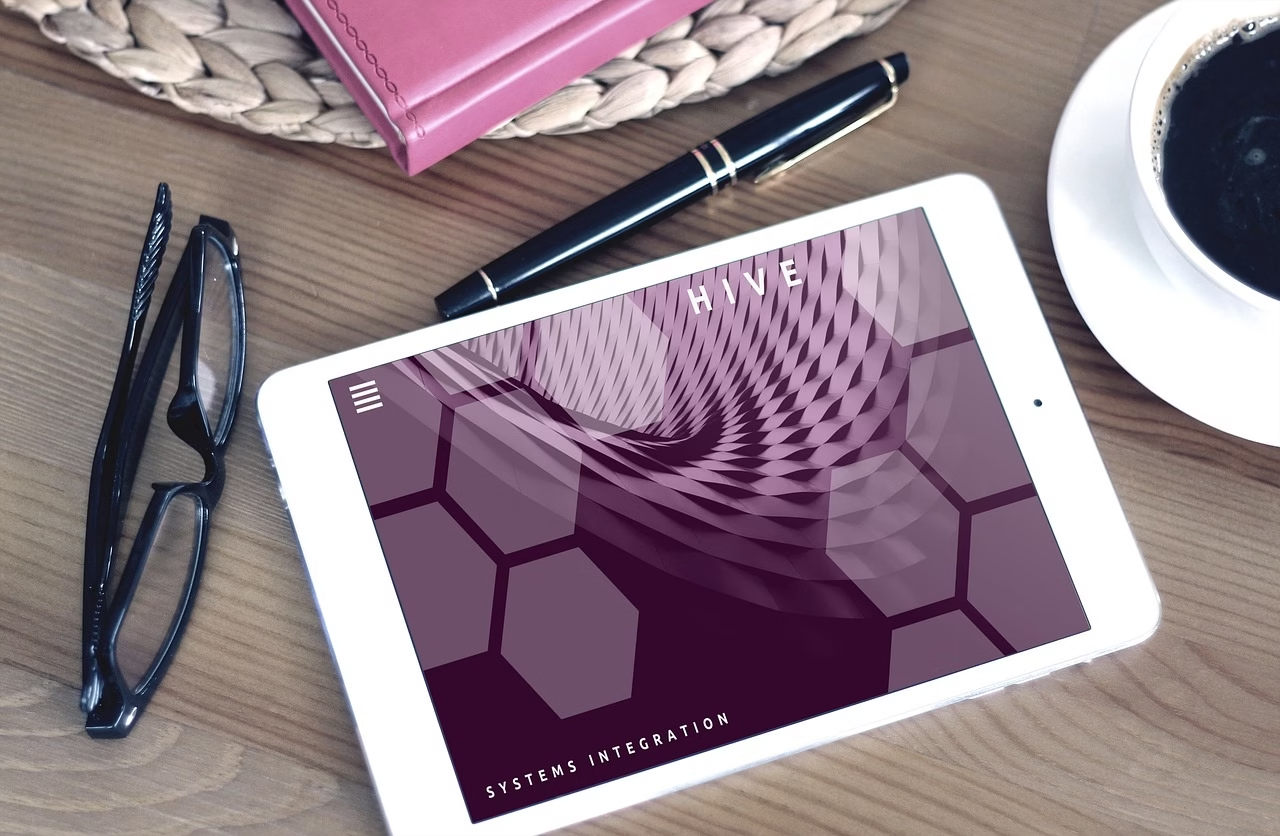In today’s technology-driven world, the recruitment landscape is undergoing a profound transformation. At the heart of this shift are AI-powered job search tools that have seamlessly woven intelligence into the fabric of hiring systems. These innovations are not just changing how companies find talent—they are fundamentally reshaping the entire recruitment lifecycle with efficiency, precision, and a human-centric lens.
From Complexity to Clarity: Streamlining Candidate Discovery
Recruiters are often overwhelmed by a tidal wave of resumes, many of which may superficially appear relevant but miss deeper alignment in skills, values, or potential. AI-driven algorithms are designed to cut through this noise by leveraging natural language processing (NLP) and machine learning models that analyze contextual nuances within resumes and job descriptions. This technology prioritizes truly qualified candidates, accelerating the shortlisting phase and allowing recruiters to focus on human judgment rather than manual filtering.
More than keyword matching, these AI tools uncover latent potential by assessing transferable skills and career trajectories. This helps organizations embrace diversity and inclusion with a more objective and data-backed approach, broadening access to candidates who might otherwise be overlooked by traditional methods.
Personalized Job Matching: Enhancing Candidate Experience
Artificial intelligence is not just optimizing the employer’s side—it’s also revolutionizing how job seekers engage with opportunities. Smart platforms now offer personalized job recommendations tailored to an individual’s unique skill set, career goals, and even soft skill profiles. These platforms often incorporate interactive career coaching features and real-time feedback, empowering candidates to refine their applications and interview preparation dynamically.
By making the search process more intuitive and relevant, AI tools reduce candidate frustration and decrease dropout rates during the application process. This enhancement in user experience signals a more empathetic future for job searches, where technology serves as a vital guide, rather than a cold gatekeeper.
Bias Mitigation: Pioneering Ethical Recruitment
One of the most compelling benefits of AI in recruitment is its potential to identify and mitigate human bias—both conscious and unconscious. While AI systems must be vigilantly designed to avoid embedding existing prejudices, properly trained models can actively recognize patterns of bias in job descriptions, candidate screening, and interview evaluations.
This capacity for ongoing, data-driven self-assessment means companies can implement more equitable hiring practices. By consciously tuning the algorithms and continuously monitoring outcomes, recruitment becomes not only more efficient but also more just.
Real-World Impact: Case Studies and Results
Leading organizations across industries report impactful shifts after integrating AI-powered tools. For instance, a multinational tech company saw a 40% reduction in time-to-hire and a significant increase in candidate quality when using AI for initial resume screening. Another firm leveraged AI-driven sentiment analysis during video interviews to spotlight key interpersonal competencies and cultural fit, which were otherwise difficult to quantify.
“AI allows me to focus on what truly matters—engaging with candidates and understanding their aspirations. The technology takes care of the repetitive tasks, making recruitment a strategic, human-centered activity again.”
– Senior Talent Acquisition Manager
The Road Ahead: Responsible Innovation in Recruitment AI
Despite these promising advancements, the deployment of AI in recruitment demands ongoing vigilance. Transparency around how algorithms make decisions, data privacy, and continual bias audits are critical safeguards. Organizations must foster partnerships between AI experts, ethicists, and HR professionals to build systems reflecting shared values and accountability.
Ultimately, AI-powered job search tools represent a powerful step toward modernizing recruitment with clarity and fairness. They free human talent professionals to invest their time where it counts most: nurturing relationships, coaching candidates, and building vibrant, diverse teams equipped for future challenges.





